Every prudent homeowner knows better than to live in a house that does not have insurance coverage. Different types of insurance policies can cover your home depending on the risk that you intend to contain. Having insurance coverage for your home means that your insurer will provide some form of compensation that will cover any damage caused by the specified risk. The resultant insurance claims should be enough to cover the necessary repairs and restore your home to its initial state.
You can always consult a public insurance adjuster to assess and value the sustained budget and come up with an accurate estimate of fair compensation. Nonetheless, insurers may not always live up to your expectations in terms of insurance payouts or compensation. Essentially, you might end up being underpaid, which could render you financially incapable of rebuilding your damaged property. Even so, there are some things that you can do in such a scenario. That is what our article aims to reveal. Read on for more.
How to Dispute Low Insurance Settlement
You should not shy away from negotiating with your insurer about your settlement. To do that adequately there are a couple of things that you should sufficiently familiarize yourself with;
- The Provided Homeowner Policy: You have to have solid knowledge about your current homeowner policy.
- Take Note of the Pre-loss Conditions of Your Home: It would help if you have an inventory of all the items in your home. The list will help in the damage assessment process to ensure you get a worthy settlement.
- Record All Incurred Costs: Keep a well-documented list of all the costs that you might have incurred trying to repair your damaged home or expenses that you might use to find temporary accommodation. You should not throw away related receipts as well. You will have to present such expenses for fair compensation.
- Review the Claim You Filed Originally: After realizing the insurance claim is lower than what you expected, your first step should be contacting an experienced public insurance adjuster to review everything. After review, they can advise if there are possible ways to provide more evidence of damage suffered as well as how to boost the claim. This is an important step before making any additional contact with your insurer.
- Hire a Public Insurance Adjuster: Bringing an independent and reputable public insurance adjuster on board can be a game-changing move. The adjuster will assess the homeowner’s policy, assess the damage, and come up with a proper compensation estimate. Together with that, the adjuster will also help you to file the claim and negotiate with your insurer on your behalf.
Bottom Line
Low insurance claims do not imply that you are done. Unfair insurance payouts come about mostly because of inadequate proof of losses incurred as well as misunderstanding risks covered in the policy.
The best way out of this position is to hire a public insurance adjuster who will provide an accurate interpretation of the policy, value your losses and work on your behalf for a reasonable settlement.
